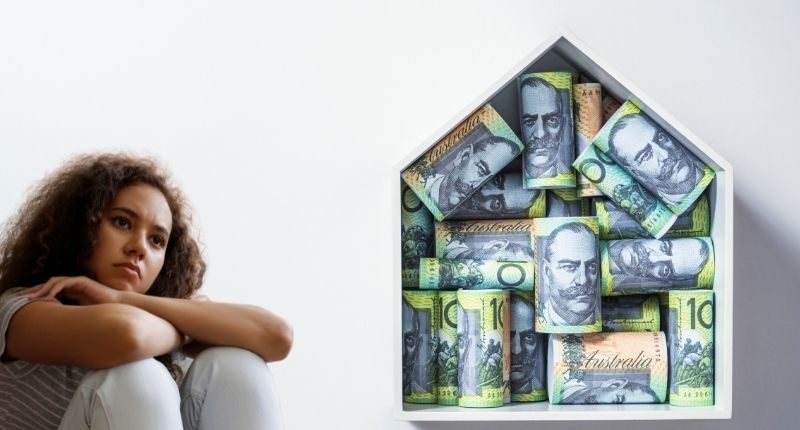- Stamp duty collections correlate with a decline in housing affordability, a joint analysis has found
- Total national listings are currently at about 200,000 - 100,000 less than the levels seen throughout the 2010s
- Stamp duty a disincentive to move homes, argues REIA President
States are witnessing strong additions to their respective coffers at the expense of housing affordability, a joint analysis released by the Real Estate Institute of Australia (REIA) and SQM Research has argued.
The market analysis shows that while housing prices and stamp duty collected has soared over the past decade, listings have plummeted nationally.
Total national property listings have been steadily falling over the past year, sitting at currently 200,000 – a record low based on SQM’s data.
National
By comparison, between 2011 and 2019, available listings were in the 300,000 to 380,000 range.
“As a result, market liquidity has nearly halved,” the report found.
“In 2008, up to 4.5% of all residential properties were available for sale at any one point in the market. Today the percentage available is below 2.5%.”
Adrian Kelly, REIA President, said that stamp duty, which he labels as a “prohibitive tax”, is dampening supply levels as buyers are willing to spend tens of thousands on a home they may only need for “five years or less”.
“Stamp duties as a percentage of average national earnings have jumped over the past decade to 34.3% from 25.1% recorded back in 2012, up almost one third. In Sydney and Melbourne, stamp duties alone can represent nearly half the average annual income,” Mr Kelly said.
Mr Kelly added that transfer duties have increased in most capital cities over the nine years between March quarter of 2011 and March 2021 due to rising property prices, meaning first home buyers who are not eligible for exemptions are borrowing more to accommodate higher stamp duties.
“In real terms, at current median income and rising housing prices, had stamp duty remained at the 2012 amount, home buyers would save an average nation-wide of $21,000 with Victorians saving a whopping $35,000, or half an annual median salary in Australia.”
Adrian Kelly, REIA
Louis Christopher, managing director of SQM Research, noted that there has been an ongoing decline in listings over the past ten years – including through various housing cycles.
“The long-term decline in listings fundamentally represents a shortage of real estate which is a contributing factor to the surge in prices,” said Mr Christopher.
“While there may be various reasons for this situation, we believe stamp duty bracket creep is a leading contributor. When transaction costs of transferring properties disproportionately rise compared to dwelling prices and incomes.
“.. that must be a massive disincentive for property owners to move house,” he concluded.








